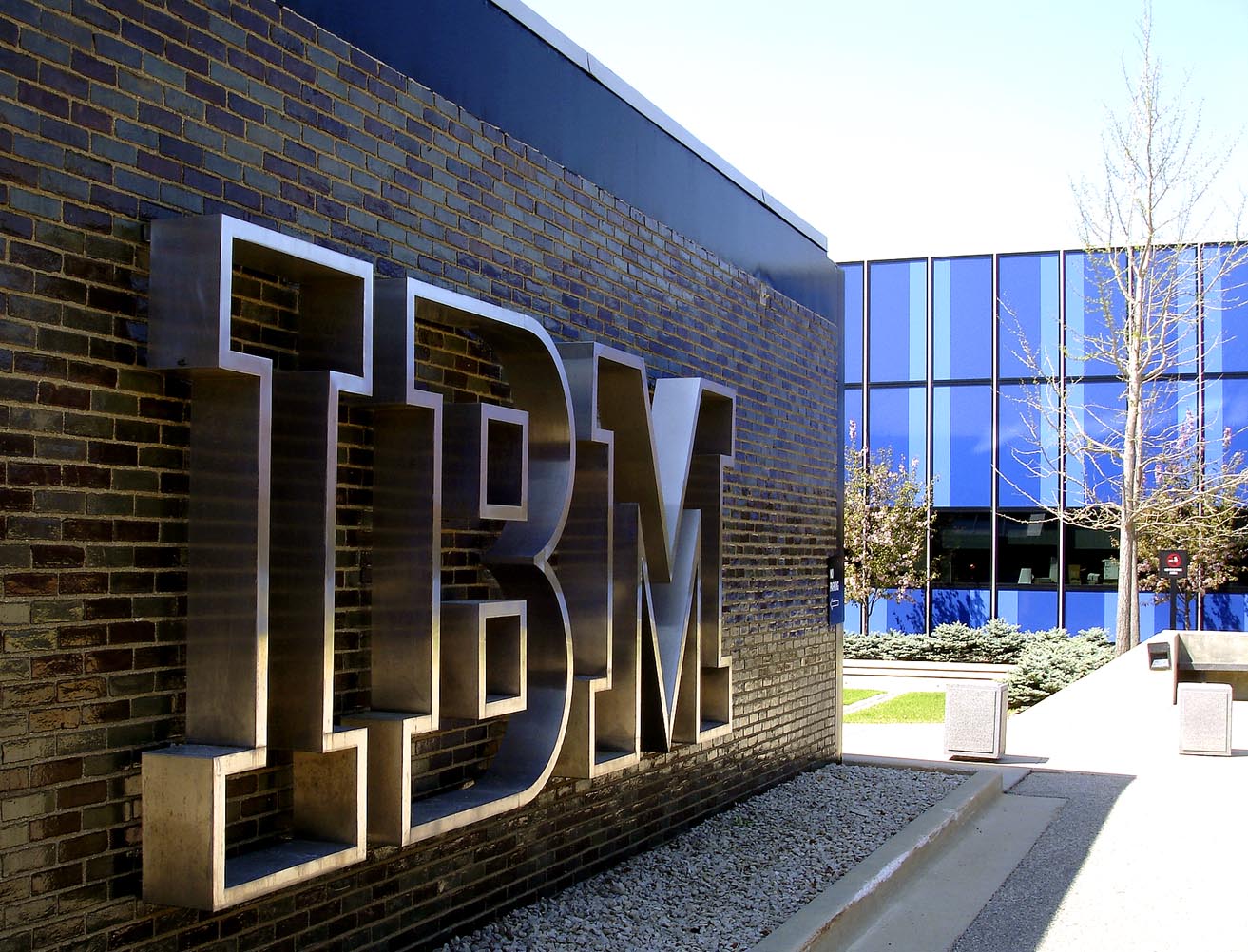IBM (NYSE: IBM) and L’Oréal, the €41.2 billion global beauty company in its 115th year of operation, recently announced a collaboration to leverage IBM’s GenAI technology and expertise to uncover new insights in cosmetic formulation data, facilitating L’Oréal’s use of sustainable raw materials, for energy and material waste reductions. This unique effort will develop a custom AI foundation model engineered to significantly increase the ability of L’Oréal Research & Innovation teams to reach extra performance and consumer satisfaction in every cosmetic category and every region of the world. The formulation foundation model is believed to be a first-of-its-kind in the industry, redefining AI innovation at the intersection of beauty, chemistry and technology.
The collaboration combines L’Oréal’s expertise in cosmetic science with IBM’s AI technologies for scientific discoveries, to unlock a future where science and technology can inform solutions that are both ecologically responsible and innovative. To preserve Earth’s natural resources, most consumer products companies are exploring renewable, sustainably sourced raw materials when developing products. This effort will contribute to helping L’Oréal meet its L’Oréal for the Future’s target of sourcing most of its product formulas based on bio-sourced materials and/or the circular economy by 2030.
“Building on years of unique Beauty science expertise and of data structuring, this major alliance with IBM is opening a new exciting era for our innovation and development process”, said Matthieu Cassier, Chief Transformation and Digital Officer, L’Oréal Research and Innovation.
The creation of this AI model will use a large number of formulations and component data points to accelerate multiple tasks to be performed by L’Oréal, including the formulation of new products, reformulation of existing cosmetics and optimization for scale-up production – tools that will better equip L’Oréal’s 4,000 researchers worldwide over the next several years. In addition, IBM Consulting will support L’Oréal in its aim to rethink and redesign the formulation discovery process. Understanding the behaviors of renewable ingredients in cosmetic formulas will help L’Oréal build out more sustainable product lines with greater inclusivity and personalization for its consumers around the world.
“This collaboration is a truly impactful application of generative AI, leveraging the power of technology and expertise for the good of the planet”, said Alessandro Curioni, IBM Fellow, Vice President Europe and Africa and Director IBM Research Zurich. “At IBM, we believe in the power of purpose-built, customized AI to help transform businesses. Using IBM’s latest AI technology, L’Oréal will be able to derive meaningful insights from their rich formula and product data to create a tailored AI model to help achieve their operational goals and continue creating high quality and sustainable products.”
Foundation models are a type of AI model trained on a broad set of unlabeled data, capable of performing various tasks and applying information from one situation to another. These models have significantly advanced the field of natural language processing (NLP) technology over the past several years, and IBM is pursuing applications of foundation models beyond language, in areas such as chemistry, time series and geospatial modalities. IBM’s AI technology has the potential to augment L’Oréal’s creativity in finding new cosmetic formulations to transform the beauty industry. L’Oréal, together with IBM’s expertise and technology, aims to shape a future where innovation meets sustainability, delivering unique, customer-driven products.
What this means for ERP Insiders
The intersection of AI and sustainability is well-trafficked. Syntilay introduced the world’s first AI-designed, 3D-printed shoe, with 70% of its design generated using AI technology. Customers can personalize the fit by scanning their feet with a phone camera, ensuring a custom fit and reducing waste associated with traditional manufacturing processes. Amazon Fresh grocery teams are using machine learning-based solutions to automate store shelf monitoring for fruits and vegetables. This AI-powered system analyzes images to detect visual imperfections, helping to reduce food waste by ensuring only quality produce is sold. Eugenie.ai is an emission intelligence platform that assists manufacturers in industries like metal, mining, oil, and gas to decarbonize their operations. By utilizing AI, Eugenie.ai helps companies achieve higher environmental regulation compliance and promotes sustainable growth. Stylumia is an Indian software as a service company that provides AI-driven fashion analytics tools to apparel industries. Stylumia has helped reduce the fashion industry’s carbon footprint by 60 million garments per annum through accurate demand prediction and trend forecasting, minimizing overproduction. And Infineon Technologies Austria launched the ALL2GaN project to improve energy efficiency by up to 30% using energy-saving gallium nitride semiconductors. This technology has the potential to save an estimated 218 million tons of CO₂ worldwide.
ERP providers are leveraging AI to help health and beauty customers achieve sustainability goals. SAP offers the Green Ledger, a carbon accounting software integrated with financial systems running on SAP S/4HANA Cloud. This tool enables companies to track, measure, and report carbon impacts at a transactional level, aligning carbon and financial data to enhance decision-making and sustainability reporting. Epicor’s ERP solutions incorporate AI to help manufacturers, including those in the health and beauty sector, decarbonize operations. By integrating tools like the Advanced Manufacturing Execution System (MES), companies can monitor machine cycles and energy consumption, allowing for more efficient production processes and reduced carbon emissions. And while not a traditional ERP provider, Persefoni offers a Software-as-a-Service (SaaS) platform that integrates with existing ERP systems, such as SAP or Oracle. Their solution automates the calculation, management, and reporting of carbon usage data, enabling companies to monitor emissions and meet environmental, social, and governance (ESG) performance goals.
AI is transforming the jobs of product designers within consumer product companies. As is the case with L’Oreal’s collaboration with IBM, AI tools will analyze the carbon footprint of materials and suggest sustainable alternatives (e.g., EC3’s AI-driven sustainability reports). And GenAI can help redesign packaging to minimize material usage while maintaining aesthetic appeal. AI-driven trend analysis tools (e.g., Stylumia, Heuritech) will predict consumer preferences and design trends based on social media, sales data, and competitor movements. GenAI tools like DALL·E and Adobe Firefly will assist in quickly generating mood boards, product sketches, and packaging concepts. And AI will analyze historical design success rates to suggest product improvements. AI will automate CAD modeling and prototyping with tools like Autodesk’s AI-powered Dreamcatcher, allowing for rapid iterations. AI-generated material optimization models will suggest eco-friendly, cost-effective materials based on product specifications. And virtual testing through AI simulations will predict durability, sustainability, and manufacturability before a physical prototype is made. Collectively, these advancements are estimated to drive 50% faster product development cycles, cost reductions, and more sustainable design choices. AI will enable hyper-personalized product designs that adapt to individual preferences (e.g., AI-assisted custom skincare formulas, 3D-printed custom footwear). And tools like Zoe AI for beauty and Nike By You’s AI-powered customization will make it easier to design consumer-specific products at scale.





